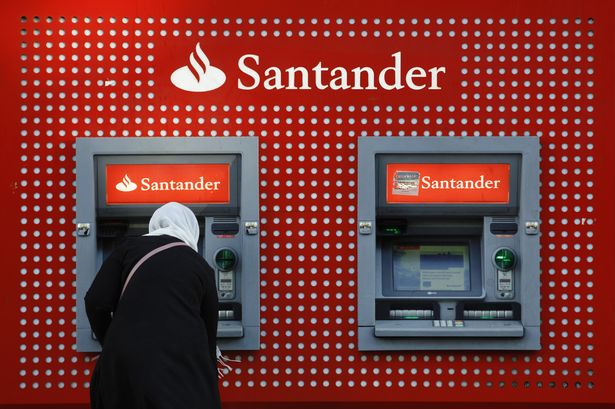Santander UK, a prominent player in the British banking sector and a subsidiary of the Spanish banking giant Banco Santander, is reportedly contemplating a potential withdrawal from the UK market. This revelation, emanating from individuals privy to internal deliberations, has sent ripples of concern through the financial landscape, particularly for Chancellor Rachel Reeves, who would likely view such a move as a setback for the UK economy. While no official statement has been released confirming these deliberations, the mere possibility underscores the complex challenges facing international banks operating within the post-Brexit UK. Several factors, including evolving regulatory frameworks, economic uncertainties, and the competitive dynamics of the banking sector, are likely contributing to Santander’s strategic reassessment.
A potential exit by Santander would represent a significant shift in the UK banking landscape. The bank boasts a substantial customer base, a widespread network of branches, and a significant market share. Its departure would create a void, potentially impacting consumer choice and competition within the sector. Other banks might seek to capitalize on this opportunity, potentially leading to mergers, acquisitions, or a reshuffling of market positions. Furthermore, the loss of a major international player could be perceived as a sign of diminishing confidence in the UK’s financial sector, especially considering the ongoing adjustments following Brexit. This could have broader implications for attracting foreign investment and maintaining the UK’s status as a global financial hub.
The timing of these reports coincides with a period of heightened scrutiny for the UK economy, as it grapples with inflationary pressures, rising interest rates, and the lingering effects of the pandemic. Chancellor Rachel Reeves, responsible for steering the country’s economic policy, would undoubtedly view Santander’s potential departure as an unwelcome development. It could signal a lack of confidence in the government’s economic strategy and potentially exacerbate existing challenges. Moreover, the loss of jobs and tax revenue associated with a major bank’s exit would add to the Chancellor’s concerns. The government might need to implement measures to mitigate the potential fallout and reassure other international businesses of the UK’s attractiveness as an investment destination.
The reasons behind Santander’s potential reassessment are likely multifaceted. Brexit has undoubtedly introduced a new layer of complexity for international banks operating in the UK. Changes in regulations, access to the single market, and the potential for divergence in financial rules between the UK and the EU could be impacting Santander’s long-term strategic calculations. Moreover, the UK’s economic outlook, marked by uncertainty and potential recession, could be influencing the bank’s assessment of the market’s profitability and growth potential. The highly competitive nature of the UK banking sector, with both established players and emerging fintech companies vying for market share, might also be a contributing factor.
Beyond Brexit and economic considerations, Santander might be evaluating its global footprint and prioritizing investments in other markets deemed more strategically important or offering higher growth potential. The bank operates in numerous countries, and shifting resources away from the UK could be part of a broader strategic realignment. Internal factors, such as cost-cutting initiatives, restructuring efforts, or a reassessment of the bank’s overall risk appetite, could also be playing a role in these deliberations. It is essential to consider these internal dynamics alongside the external factors to gain a comprehensive understanding of Santander’s potential motives.
While the reports of Santander’s potential UK exit remain unconfirmed, they highlight the complex interplay of factors influencing the decisions of multinational corporations in the post-Brexit era. The UK government, particularly Chancellor Rachel Reeves, will likely be monitoring the situation closely and considering potential responses to mitigate any negative consequences should Santander decide to proceed with a withdrawal. The implications for the UK banking sector, the broader economy, and the country’s reputation as a global financial centre will be significant, and the coming months will likely reveal more about Santander’s intentions and the potential ramifications for the UK financial landscape.














